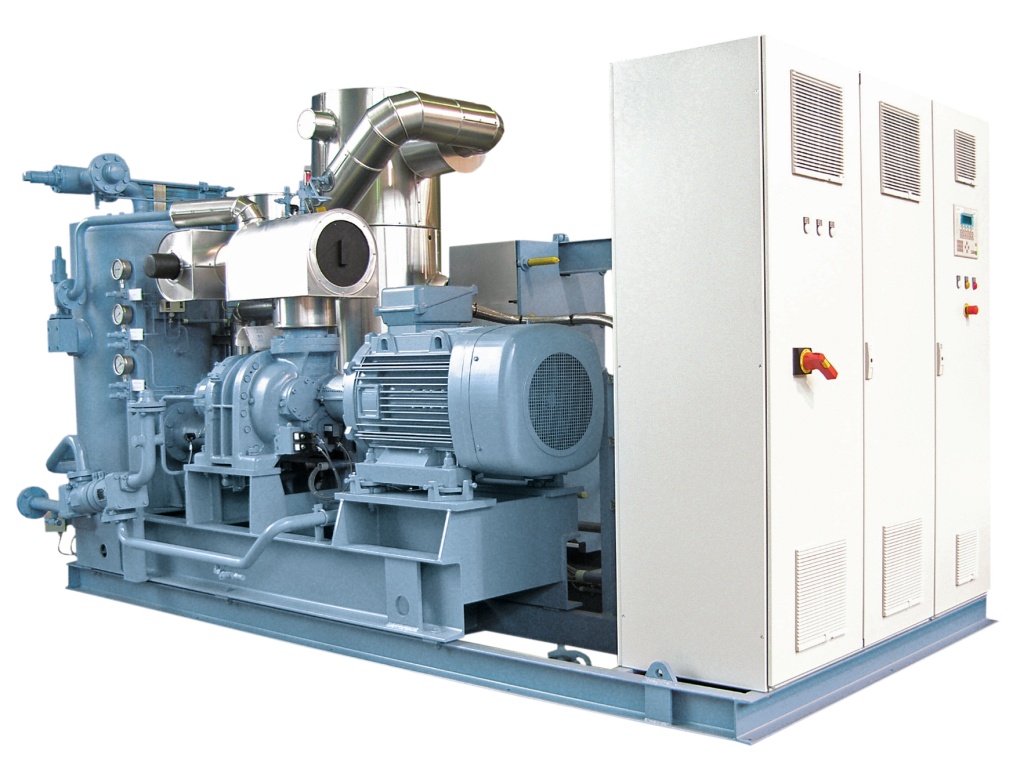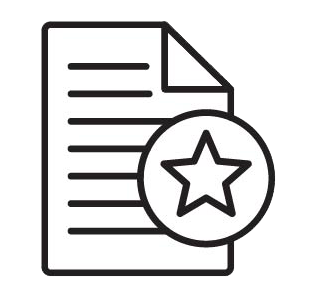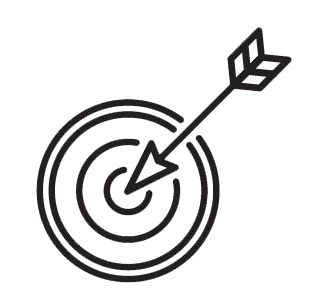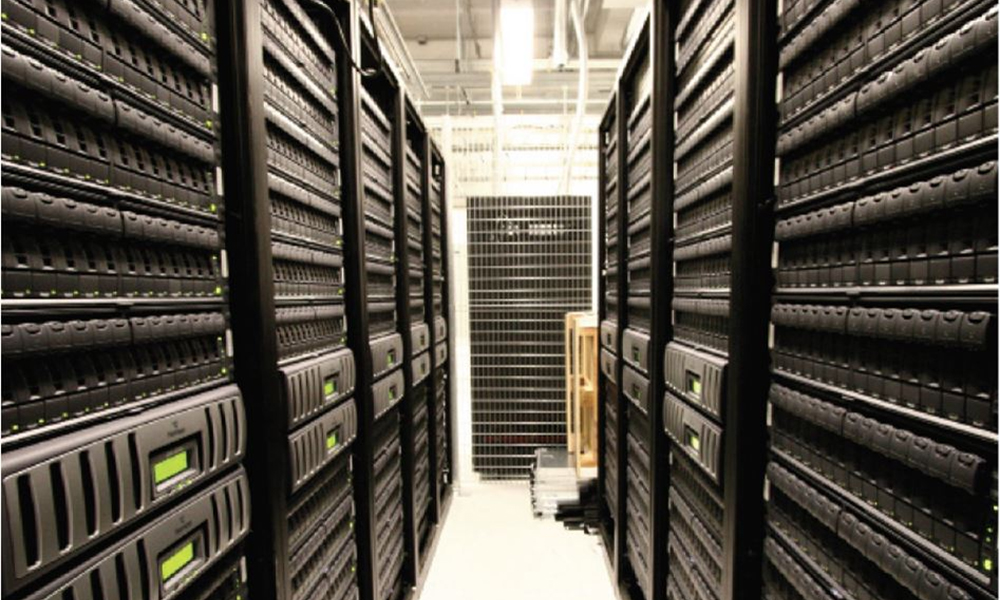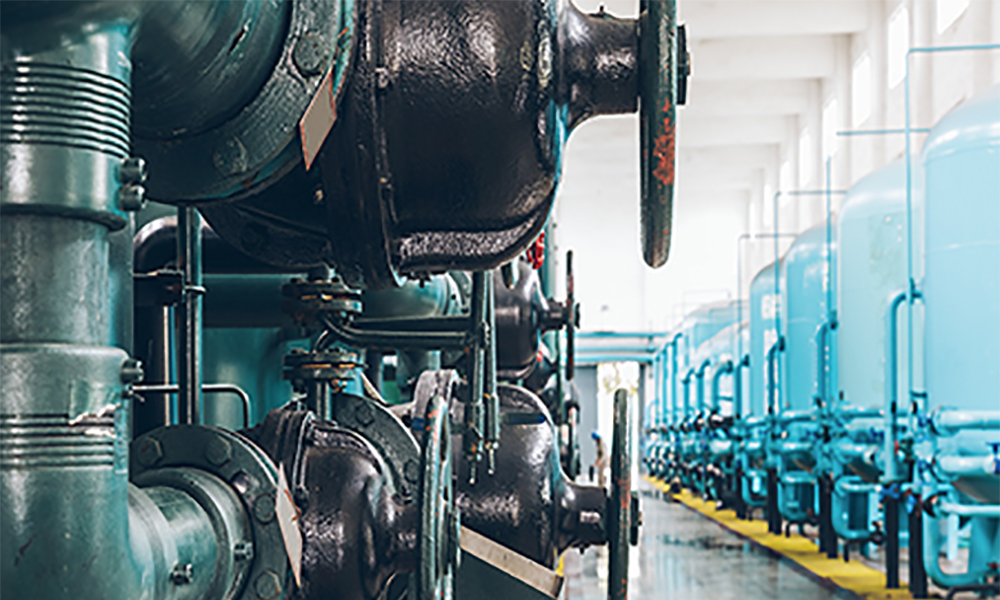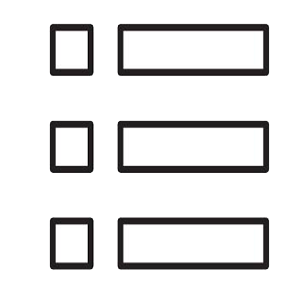- Details
- Written by Super User
- Category: Uncategorised
- Hits: 5746
Optimisation and Predictive Maintenance for HVACR Systems
E-learning
Next Course Date:TBC
|
|
Administrative Details |
Time: Training is done through self learning followed by a 4 hour Q&A session with the trainer on the 30th of Nov 2pm - 6pm (GMT +08:00 Singapore)
Venue: Virtual Classroom : Internet lectures with Q&A
Contact: +65 - 6338 8578
Email: This email address is being protected from spambots. You need JavaScript enabled to view it.
|
|
Course Summary |
Performance analysing - based on Climacheck method, Training Level 1
Cooling and Heating systems consume 15-20% of the electricity produced globally. To maintain temperature is critical but maintaining temperatures alone are no longer sufficient. Knowing the performance of these systems is therefore critical in order to make them efficient. With increasing energy demand and focus on global warming, the built environment is facing increased scrutiny. In many countries, and more so in the tropics, HVACR equipment in buildings are a major source of energy consumption which typically have high maintenance costs associated with them. There is also an increased focus on Measuring and Verification (M&V), as well as early warning to achieve maximum reliability to reduce loss of perishable goods, production capacity and to avoid bad will with tenants and guests due to failing temperatures
Training starts with a review of the basic thermodynamics required to establish performance factors (a pretraining refresher will be distributed for participants that want to make sure they are up to speed with definitions and basics used for analysing). Then training moves into data collection, including what sensors are required and how they should be applied to minimize uncertainty of results. How to validate data inputs and results are covered.
|
|
Course Objective |
MasterClass Course Goals:
- To give participants a method to compare operation of a system with design, maintenance instructions and good practice.
- To make participants aware of the possibility to reduce failure rates, maintenance cost, energy consumption and refrigerant leaks by introducing state of the art M&V methods.
Session 1:
- Introduction to principles of Thermodynamics and how they relate to vapour compression systems
- Pressure enthalpy charts and Energy Efficiency
Session 2:
- How to set-up measuring systems with temperature, pressure and power meters and use a spreadsheet based analysing tool to analyze an HVACR process
- KPIs of a refrigeration / air-conditioning process, and how to improve a basic refrigeration / air-conditioning process
Course Outcome
- Identify what data points that is required to analyze basic HVACR equipment.
- Apply sensors on correct position and with correct application to get good quality data.
- Use data collection units to collect pressures, temperatures and electrical measurements.
- Adjust/configure ranges for basic sensors used.
- Validate data inputs
- Select and make basic adaptation of appropriate analyzing “template” to correspond to measured system
- Validate results such as versus design and/or good practice.
- Understand and be able to compare performance indicators such as COP, System Efficiency Index, compressor/evaporators/condensers efficiency.
- Understand interaction of different adjustment parameters in an HVACR system
- Awareness of the importance of commissioning of controls for each installation
|
|
Target Audience |
This training is aimed for trained technicians and mechanical/electrical engineers with practical on-field experience with chillers, air conditioning, refrigeration and heat pump systems. ESCOs, site engineers, operation engineers/managers/technicians, energy engineers and cooling equipment maintenance and servicing personnel.
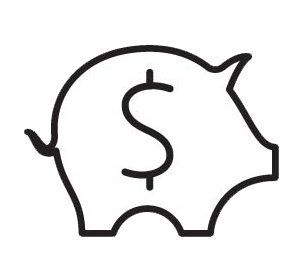 |
Rates (inclusive of GST)
|
Type |
Price |
| Member | S$ 250.00 |
| Non-Member | S$ 287.50 |
| Group Rate (3 or more) | S$ 250.00 |
| SCEM Special Rate | S$ 250.00 |
*E-certificates will be issued upon successful completion of this workshop
|
|
Speaker |
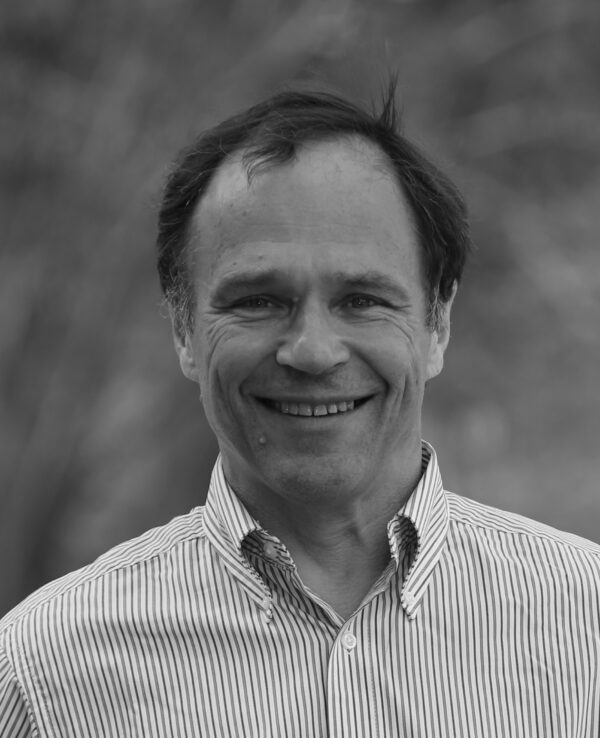
Klas has a Master of Science in Applied Thermodynamics and Refrigeration from the Royal Institute of Technology in Stockholm. Since 1984 active in the Swedish refrigeration, air-conditioning and heat pump industry. From 1989-1999 on managing positions in one of the larger whole sale, distribution and manufacturing groups in Sweden. Worked 5 years as a consultant for manufacturers in development projects, fault analyses and for UNEP/UNDP/UNIDO/WB projects under the Montreal Protocol to phase out ODS in Asia and the Balkan countries. Member of the steering committee of several Swedish national research projects for alternative refrigerants and energy efficient HVACR systems also member of ASHRAE committee SPC207 for Fault Detection and Diagnosis. The author holds several patents on products that have been successfully introduced commercially. Started ClimaCheck in 2004 to develop performance analysing methods for the HVACR industry. ClimaCheck is today a global leader of performance analytics and cloud-based monitoring of refrigeration, air conditioning and heat pump systems.
This program is supported by: 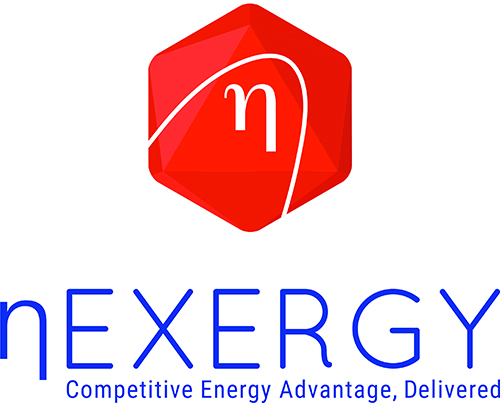
Privacy Policy
By submitting this form, I agree that the Sustainable Energy Association of Singapore (SEAS), ('organiser') may collect, use and disclose your personal data, as provided in this registration form, for the following purposes:
1. Processing registrations for the event;
2. Administration of the event; and
3. Communication of event information via email, phone, and other relevant modes of communication.
By attending this session, I consent to be photographed and/or videographed by the organiser and its appointed videographer / photographers. Recordings and photographs may be used by SEAS for archival, publicity and communications purposes.
- Details
- Written by Super User
- Category: Uncategorised
- Hits: 8218
Green Data Centre Design
Next Course Date: 13 - 14 September 2021
14 SCEM PDU
|
|
Administrative Details |
Time: 9am - 5pm
Venue: Singapore Sustainability Academy
180 Kitchener Road, Sky Park, Level 6, City Square Mall Singapore 208539
Contact: +65 - 6338 8578 Email: This email address is being protected from spambots. You need JavaScript enabled to view it.
|
|
Course Summary |
Energy expenditures account for the vast majority of the operating costs during a data centre lifetime, and this fact is becoming critical in order to ensure business profitability.
This 2-day green data centre design course will equip participants with in-depth knowledge of SS564 and Green Mark for New and Existing Data Centre.
The 2-day course will also include design best practices and case studies to empower participants with knowledge and ideas to green their data centres
- Data Centre (DC) Overview and Trends
- SS564
- Green Mark for DC Overview
- GM for New DC
- GM for Existing DC
- DC Air Conditioning System Design
- DC Electrical System Design
- DC Operations
- DC Performance Monitoring
|
|
Course Objective |
At the end of the course, the participants will be able to:
- Understand Green data centre standards such as Green Mark for new and existing data centres
- Apply the best practices in chiller plant, computer room air-conditioning, lighting and uninterruptible power system design
- Optimise, monitor and maintain the data centres at peak energy efficiency
|
|
Target Audience |
- Energy Managers
- Facility Managers
- Engineers
 |
Rates (inclusive of GST) |
Type |
Price |
| SEAS Member | $715.00 |
| SCEM Special Rate | $792.00 |
| Non-Member |
$858.00 |
|
|
Speaker |
Mr Steven Kang has been involved in the design of hyper-efficient HVAC system for Platinum rated Green Buildings and has been invited to sit in the advisory committee of Platinum rated green buildings. He spoke at various forums on HVAC designs, energy optimisation and green buildings. He has been appointed to assess the design of new data centres as well as audit and improve the energy efficiency of existing data centres.
Privacy Policy
By submitting this form, I agree that the Sustainable Energy Association of Singapore (SEAS), ('organiser') may collect, use and disclose your personal data, as provided in this registration form, for the following purposes:
1. Processing registrations for the event;
2. Administration of the event; and
3. Communication of event information via email, phone, and other relevant modes of communication.
By attending this session, I consent to be photographed and/or videographed by the organiser and its appointed videographer / photographers. Recordings and photographs may be used by SEAS for archival, publicity and communications purposes.
- Details
- Written by Super User
- Category: Uncategorised
- Hits: 1168
SCEM-P: Combined Heat & Power Systems
Next Course Date: 8 - 10 March 2021
|
|
Administrative Details |
Time: 9am - 6pm
Venue: 180 Kitchener Road, #06-10 City Square Mall Singapore 208539; Singapore Sustainability Academy
Contact: +65 - 6338 8578
Email: This email address is being protected from spambots. You need JavaScript enabled to view it.
|
|
Course Summary |
The continued quest for higher thermal efficiencies has resulted in innovative modifications to conventional power plants. These used to function on either a pure gas or vapour power cycle and individually produced power. The large quantity of heat generated is dumped into the atmosphere or large water bodies which act as heat sinks.
In Singapore, more than 80% of the power generated is from natural gas-fired combined cycle power plants due to their proven superior thermal efficiency and relatively cleaner fuel.
This module is tailored in the backdrop of the above and aims to provide comprehensive fundamentals of Combined Heat and Power Plants targeted at industrial professionals operating under Singapore regulatory requirements.
|
|
Course Objective |
Participants will be equipped with the understanding of:
- CHP Basics
- Thermal Concepts of CHP
- Gas Power Cycle (Brayton Cycle)
- Vapour Power Cycles
- Power Equipment and Systems
- Cogeneration systems
- The Feasibility Study and Regulatory Issues
- Industrial Site Visit (Trigeneration Plant)
|
|
Target Audience |
- Energy Managers
- Management Representatives
- Facilities/Energy Managers, Executives and Supervisors
|
|
Speaker |
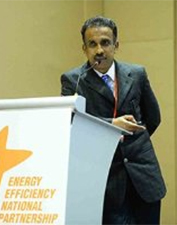
Dr. Jahangeer K. Abdul Halim graduated with a Master of Science (M.Sc.) in Mechanical Engineering from National University of Singapore in 1998. He was awarded a Research Scholarship by the National University of Singapore (NUS) in 1999 to undertake a
research project on solar energy and was awarded a Master of Engineering (M.Eng.) degree in 2002.
